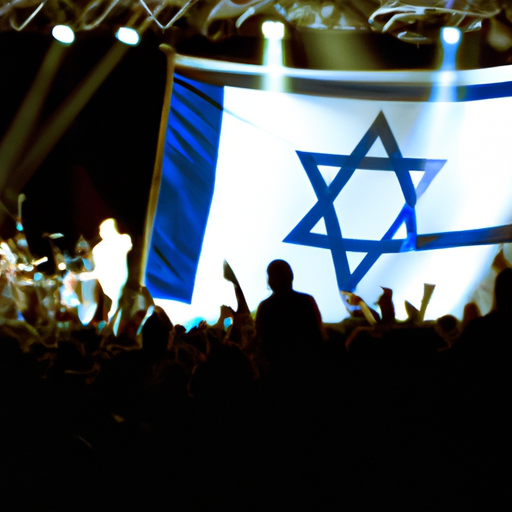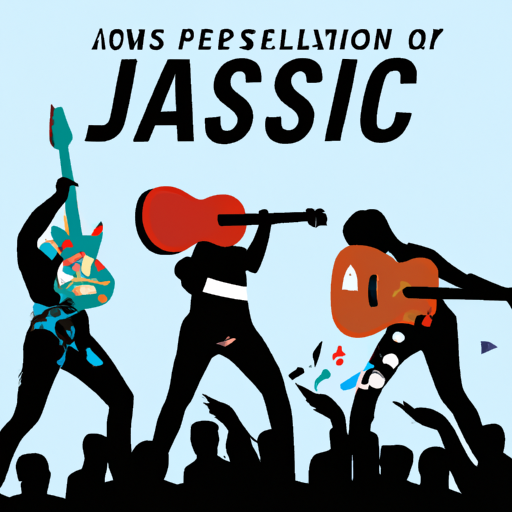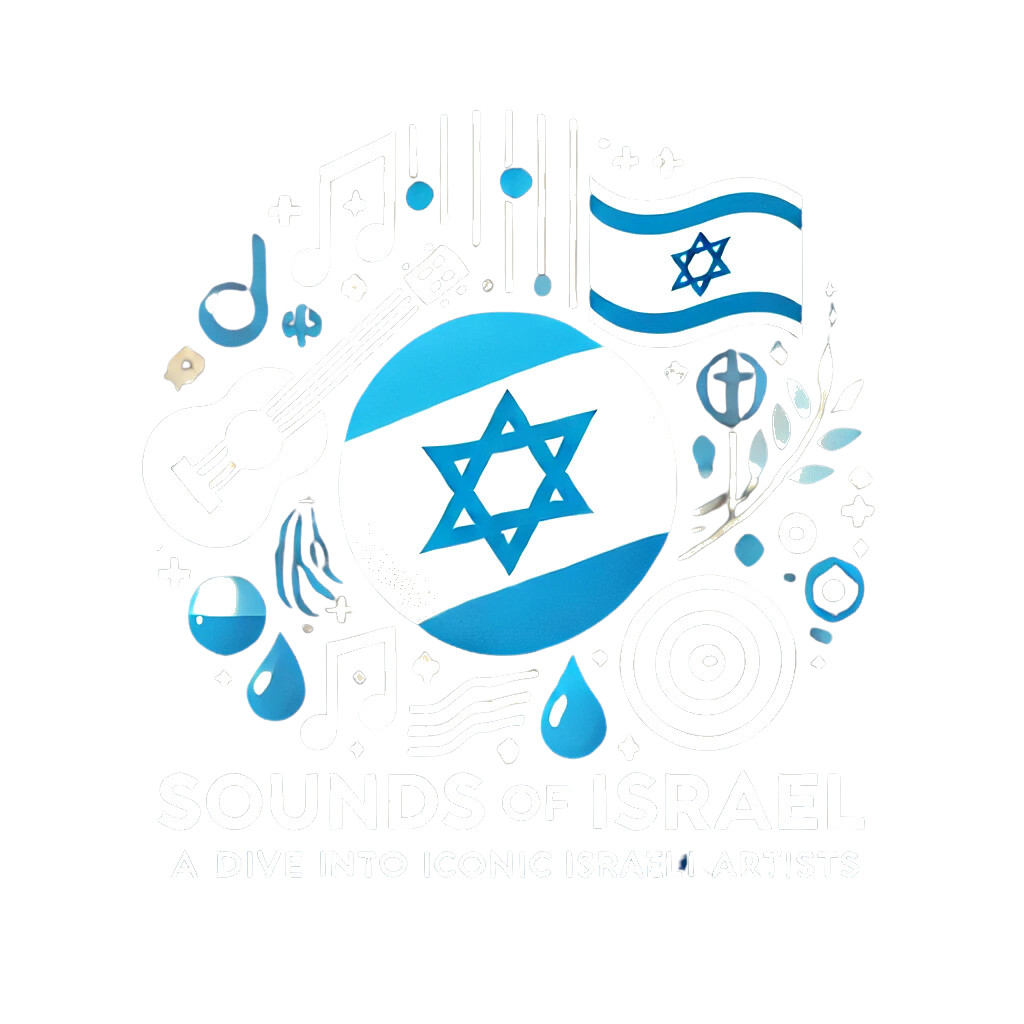This blog post explores the intricate intertwining of music and politics within Israel. It delves deep into how Israeli music has been used as a tool to reflect and shape political ideologies, debates, and identity issues over the years. The article also takes a closer look at prominent musicians who have become politically influential figures, bringing to light the complexities of this relationship.
1. The Power of Music: How Has Israeli Music Reflected Political Climates?
Israeli music has always served as a powerful reflection of the country’s ever-changing political climates. From the early days of settlement to the modern state of Israel, music has been a tool for expressing national pride, political dissent, and cultural identity. Artists have used their lyrics and melodies to capture the essence of historical events, societal shifts, and political controversies. The diversity of Israeli music genres, ranging from traditional folk songs to contemporary pop and rock, provides a multifaceted lens through which to view the complex relationship between music and politics in the region. Through poignant lyrics and stirring compositions, Israeli musicians have been able to convey the hopes, struggles, and triumphs of their people in the face of political challenges.

An image depicting a crowd at a music concert with the Israeli flag being waved prominently, symbolizing the nationalistic role of music.
2. ‘Can Music Truly Influence Politics?’ – The Role of Israeli Musicians in Political Debates
Music has long been recognized as a powerful medium for shaping public opinion and influencing political discourse, leading many to ponder the question: Can music truly influence politics? In the context of Israel, musicians have indeed played a significant role in political debates, using their platform to raise awareness, provoke thought, and advocate for change. Through their songs, Israeli artists have addressed pressing social issues, criticized government policies, and amplified the voices of marginalized communities. The emotive power of music has the ability to transcend language barriers and reach audiences on a deeply emotional level, making it a potent tool for sparking conversations and challenging the status quo. As such, Israeli musicians have leveraged their artistry to engage with complex political issues, galvanize public opinion, and push for social transformation. Whether through subtle metaphor or bold protest anthems, music has proven to be a formidable force in shaping the political landscape of Israel, highlighting the interconnectedness of culture, society, and governance.
3. ‘Voices of Dissent’ – The Intersection of Music and Protest in Israel
In Israel, music has served as a powerful tool for dissent, providing a platform for artists to express resistance and challenge prevailing political narratives. From the iconic protest songs of the 1960s to contemporary compositions addressing modern-day injustices, Israeli musicians have consistently used their art to amplify voices of dissent. These songs often serve as anthems for social movements, rallying cries for change, and expressions of solidarity with marginalized communities. The fusion of music and protest in Israel reflects a long-standing tradition of artistic resistance, where artists leverage their creativity to confront power structures and advocate for justice. Through poignant lyrics, stirring melodies, and captivating performances, musicians in Israel have captured the spirit of defiance and resilience that permeates the country’s sociopolitical landscape. By engaging with contentious issues through music, these artists spark dialogue, inspire action, and challenge audiences to critically reflect on the complexities of their society. The intersection of music and protest in Israel illustrates the enduring power of art to provoke thought, incite change, and uphold the values of democracy and social justice.

An illustration of a politically charged music protest in Israel, showing the power of music as a form of dissent.
4. Music and Identity: How have Political Changes Shaped Israeli Music?
Over the years, Israeli music has undergone significant transformations influenced by the ever-changing political landscape of the region. The diverse cultural tapestry of Israel, shaped by waves of immigration and historical conflicts, is intricately woven into the fabric of its music. From traditional Hebrew melodies to contemporary fusion genres, Israeli music reflects the complex interplay of identities, ideologies, and narratives that define the country’s collective identity. Political changes, such as peace agreements, conflicts, and social movements, have had a profound impact on the themes, styles, and messages conveyed through Israeli music.
The emergence of new voices and perspectives in Israeli music has been a direct response to shifts in political dynamics, with artists using their platform to explore themes of national identity, cultural heritage, and social justice. As the sociopolitical landscape evolves, so too does the music scene, adapting to capture the zeitgeist of the moment and reflect the aspirations and struggles of Israeli society. The fusion of traditional and modern influences in Israeli music serves as a testament to the resilience and adaptability of the country’s artistic community in the face of political challenges and societal transformations. Through music, Israelis navigate the complexities of their identity, grapple with historical legacies, and envision a future shaped by both the past and the present.
In conclusion, Israeli music and politics share an intricate and complex relationship. Music has been, and continues to be, a powerful tool, echoing the nation’s political climate and influencing public opinion. The exploration of this relationship reveals how music and politics are not separate spheres but rather intertwined in powerful and significant ways.
